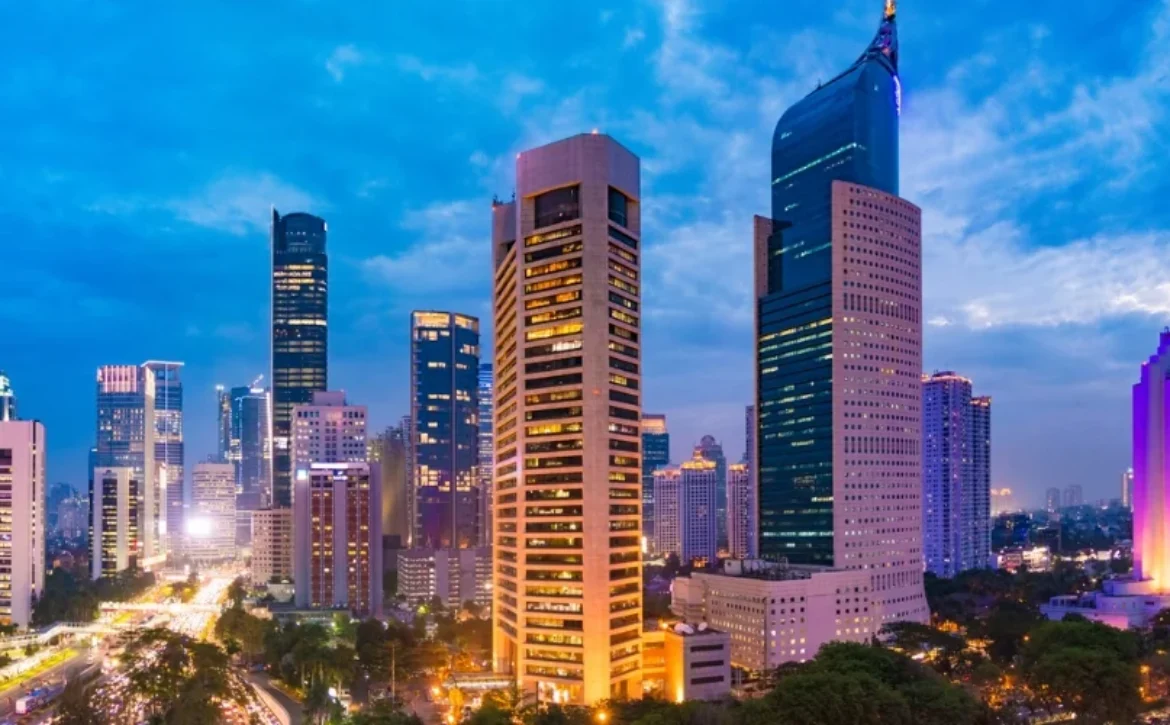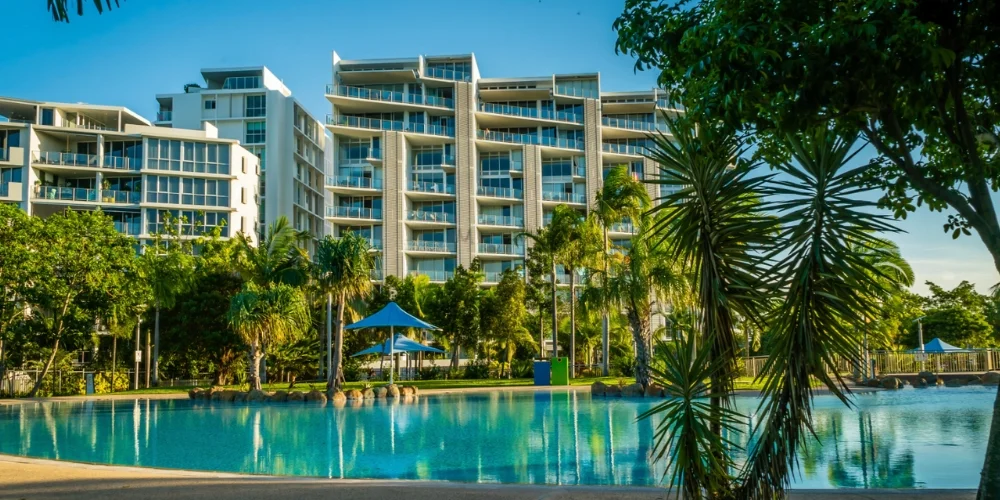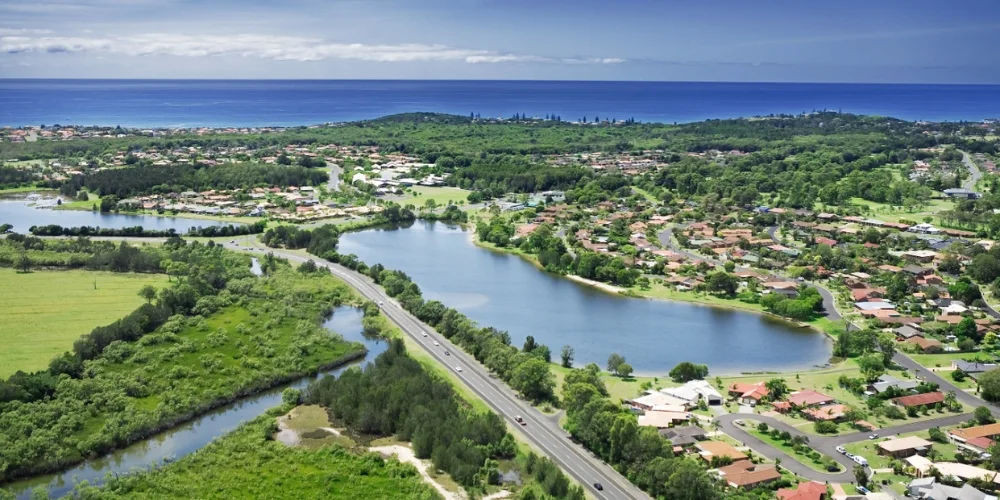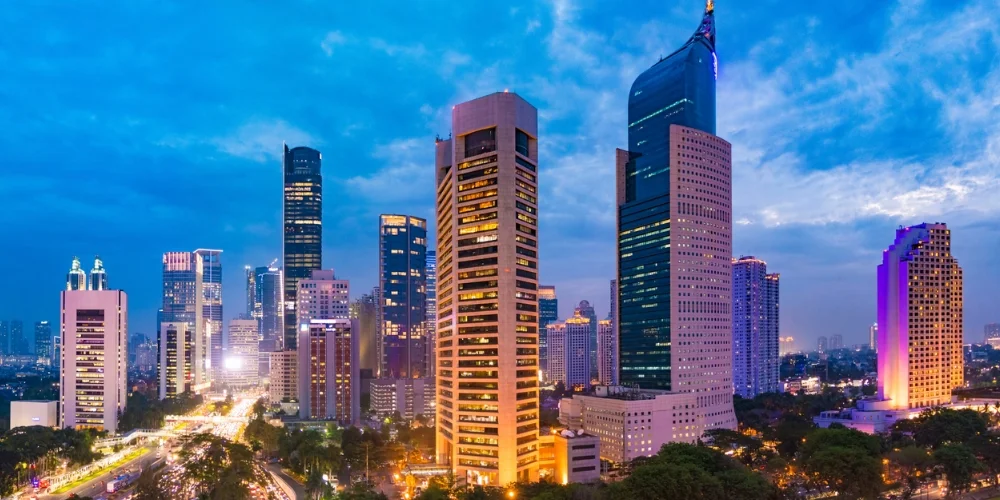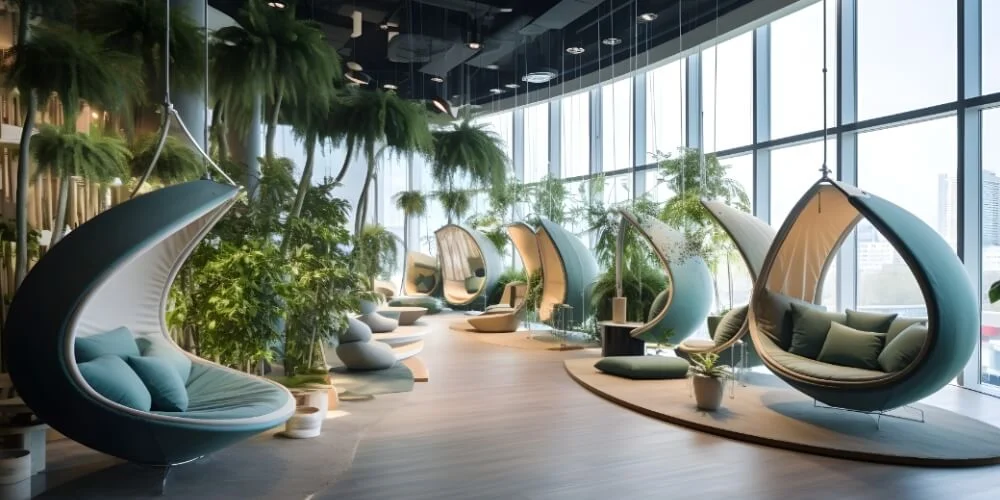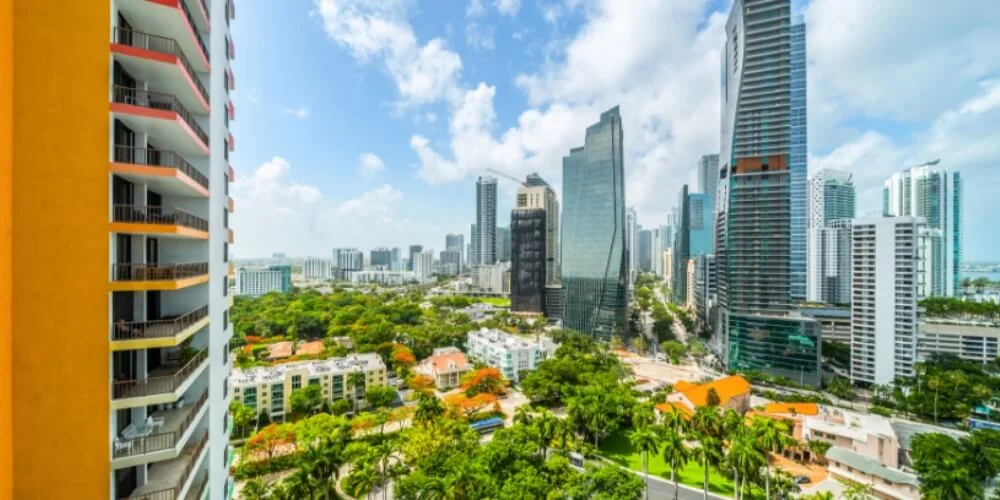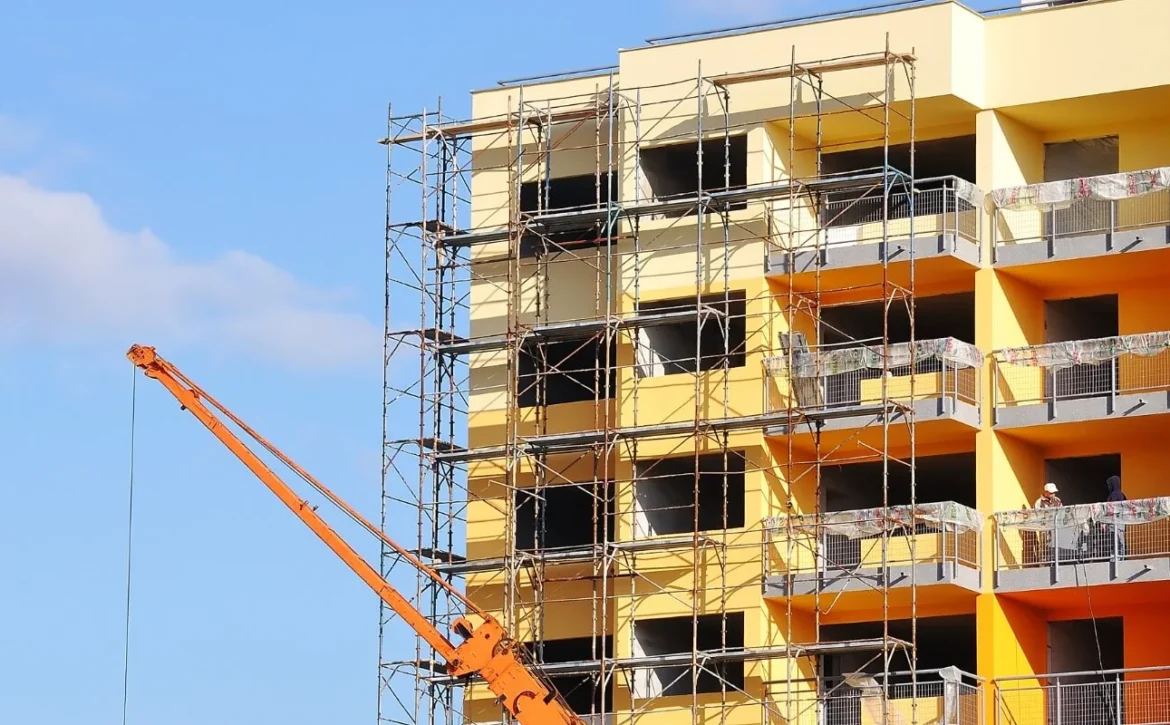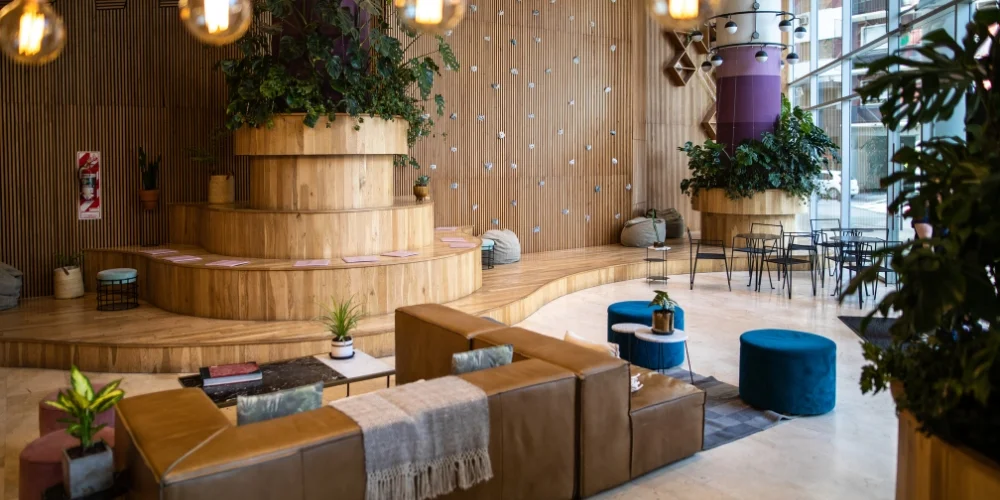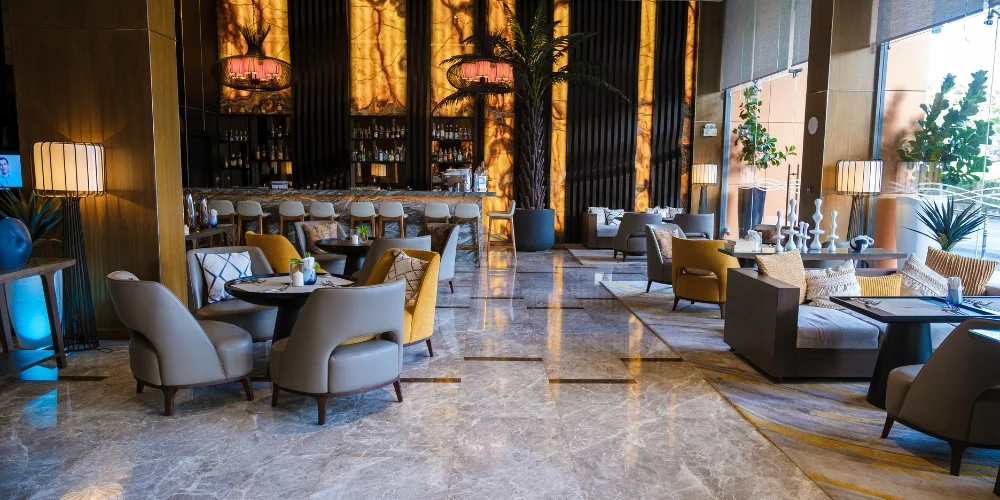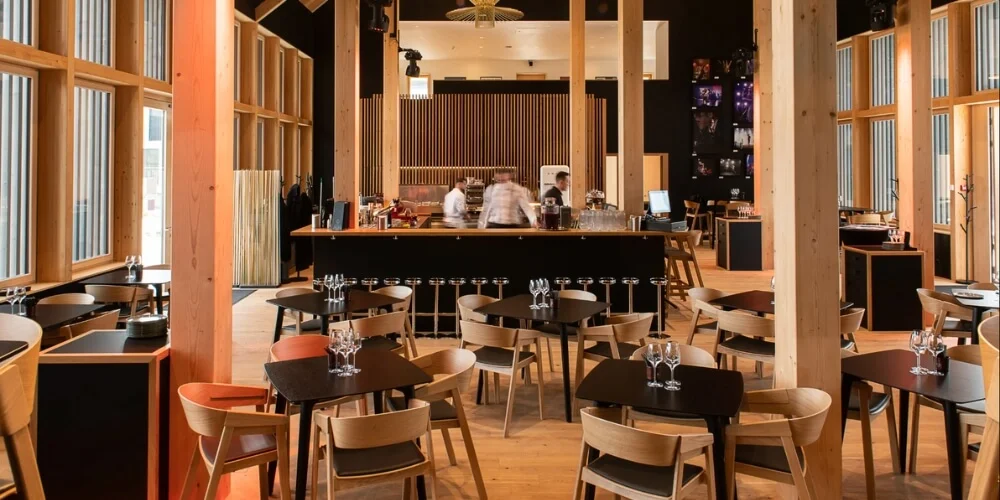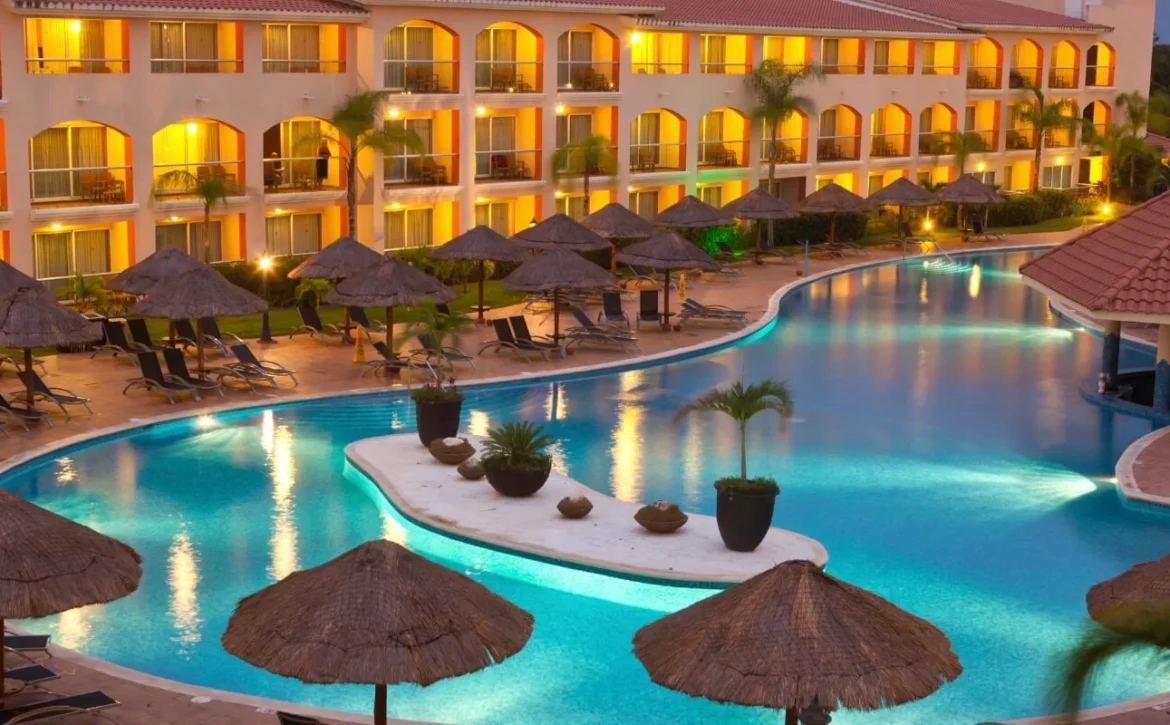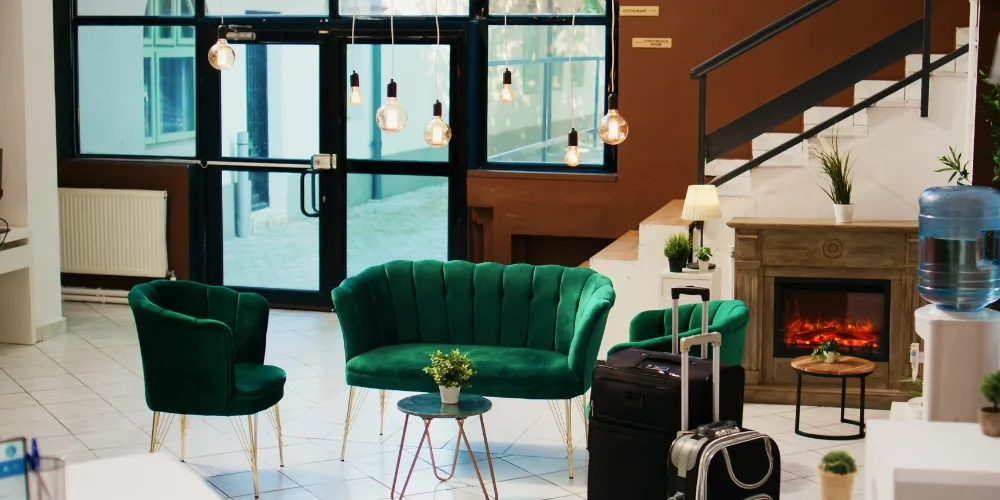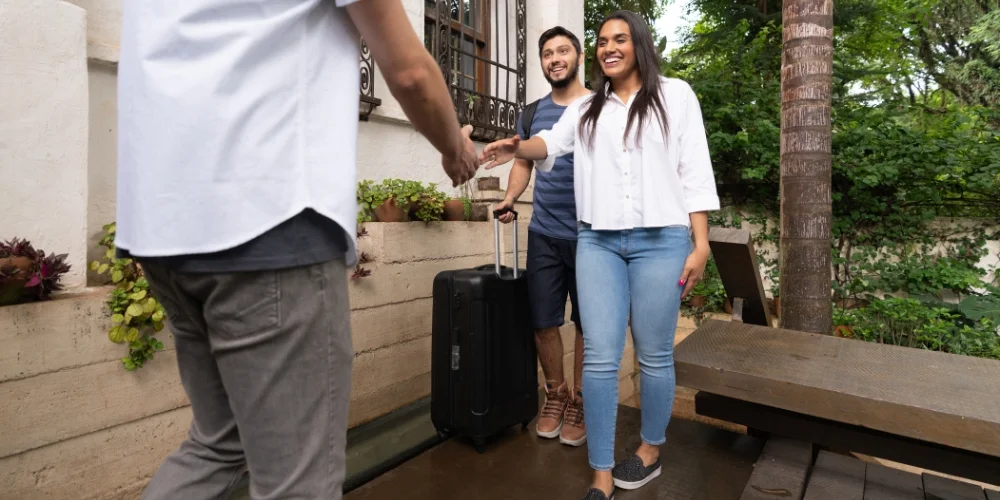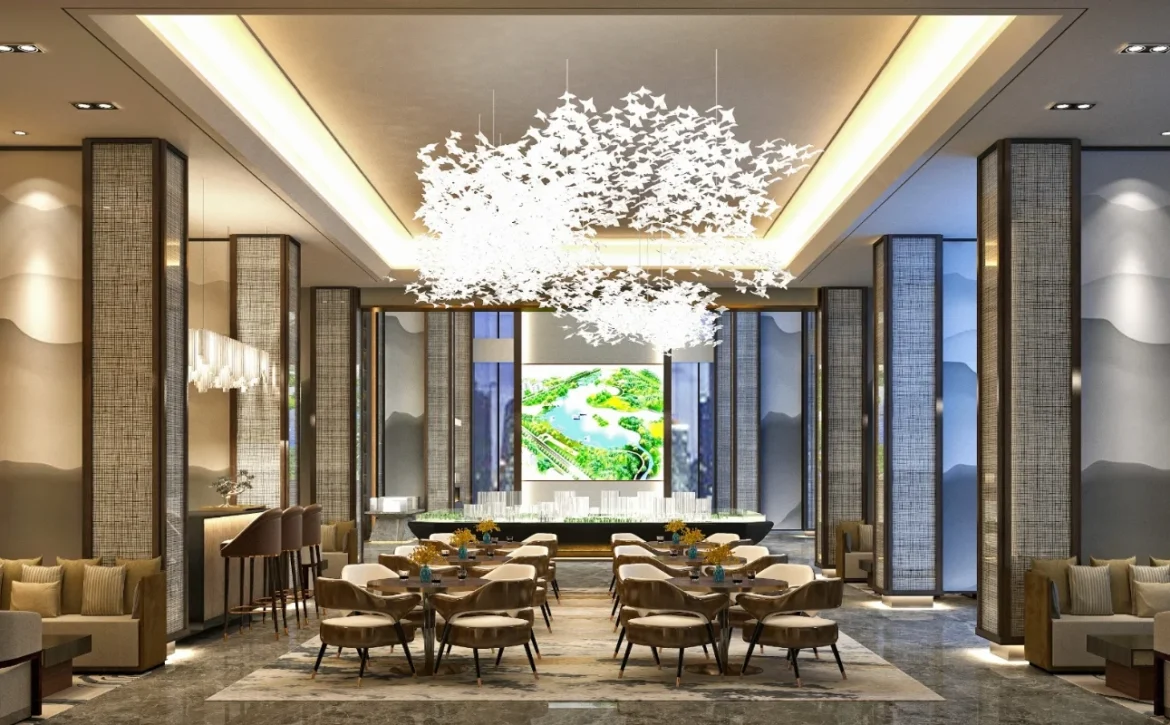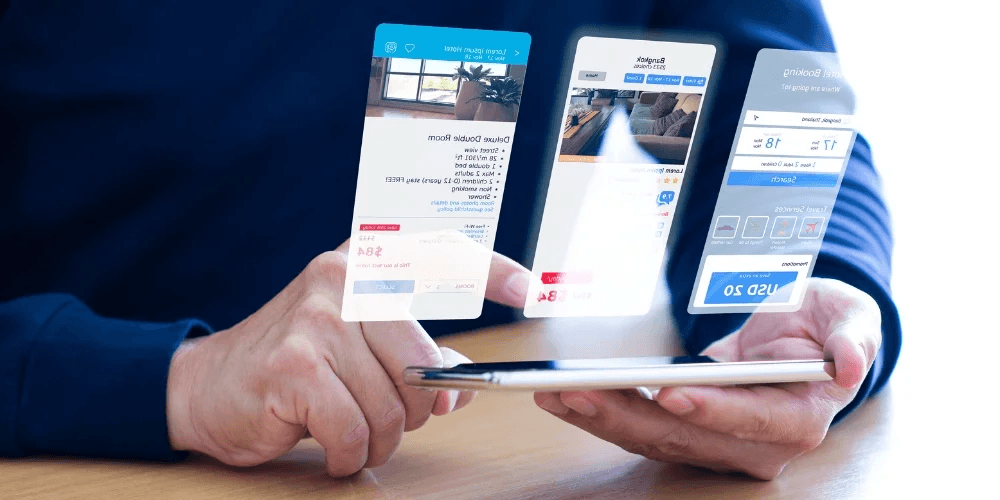Navigating the dynamic terrain of the hotel industry requires a keen understanding of the pivotal areas that hold the key to success for your investment. In this ever-changing landscape, where competition is fierce and guest expectations are constantly evolving, orchestrating effective strategies becomes more critical than ever. Success is not merely a product of chance but rather the result of meticulous planning, foresight, and unwavering dedication.
For hotel owners and operators, the journey toward prosperity necessitates a collaborative approach, where the collective efforts of key stakeholders, including owners, asset managers, and brand operators, converge harmoniously. Together, they forge a path that defines objectives, nurtures potential, and steers the team towards the realisation of their shared vision.
In this article, we delve deep into the core aspects of how to run a hotel business successfully. We explore the pivotal success factors and strategies that have the potential to transform your hospitality venture into a thriving and enduring establishment. Join us as we unravel the roadmap to prosperity and discover how the amalgamation of these essential elements can lead your hotel business to new heights.
Effective Human Resource Planning
The hotel management landscape has seen significant expansion in recent years, with a surge in development and signings, yet without a proportional increase in corporate office resources. This growth imposes additional pressure on Hotel Executive Teams to devise and implement a unique strategy for their individual hotel.
Due to the rapid expansion of hotel companies, expertise and experience within hotels have become scarce commodities. It’s imperative for hotel owners and companies to invest in effective human resources to ensure the longevity and success of their business. Hotel operators should:
- Invest in on-site leadership: This includes making strategic appointments of a General Manager and Executive Committee Team with an emphasis on commercial expertise to drive performance.
- Offer mentoring and support: First-time General Managers and Executive Team members can benefit through “buddying up” with a senior colleague or with regular mentoring programs.
Asset Managers also play a crucial role in mentoring. For instance, Axsia HTL actively mentors General Managers and Executive Committees, which we consider key to the success of a hotel team’s performance.
In the face of global competition for talent across all industries, effective human resource recruitment and retention strategies have become more critical than ever for companies.
Financial Planning for Profitability
As the annual budgeting cycle commences, hotels and hotel operating companies are tasked with preparing a business plan for the upcoming 12 months. While this is a requirement of Hotel Operators, it’s often seen that hotels merely go through the motions of preparing a budget or business plan.
These plans, by nature, focus on the short term (12 months) and are designed to meet the operator’s targets and appease the owner. However, owners typically have longer-term objectives for their assets. It’s incumbent upon Hotel Operators to develop a strategic plan that extends beyond the 12 months.
This plan should aim to grow EBITDA and increase the asset’s value over the long term, which may involve investing more in the short term for long-term financial returns. For instance, a new or renovated hotel might increase its investment in sales and marketing as it stabilises.
How Much Does It Cost To Run A Hotel?
When it comes to the intricate web of expenses in running a hotel, the numbers can be quite staggering. Beyond the initial investment, a hotel’s daily operations entail various costs that significantly impact its profitability and long-term viability. These expenses encompass a wide spectrum, ranging from employee salaries and utility bills to maintenance and marketing expenditures.
Salaries often constitute one of the most substantial portions of a hotel’s operational costs. From front-of-house staff like concierges and housekeeping personnel to back-of-house teams such as kitchen staff and administrative employees, the workforce is a cornerstone of any hotel’s service delivery. Employee compensation is not limited to basic wages; it extends to benefits, training, and, in some cases, incentive programs.
Utilities, including electricity, water, heating, and cooling, are another major cost category. Hotels consume significant quantities of these resources to maintain guest comfort, often leading to substantial utility bills. Moreover, hotels must adhere to sustainability practices to minimise their environmental footprint, necessitating investments in energy-efficient systems and practices.
Maintenance is yet another significant cost consideration. Ensuring the upkeep and aesthetics of a hotel property is paramount, from interior furnishings to exterior landscaping. Repairs, renovations, and preventive maintenance measures are essential to safeguard the property’s value and guest experience.
Marketing is a cost that no hotelier can afford to overlook. To attract guests, boost occupancy rates, and enhance their brand’s reputation, hotels need to invest in various marketing channels. These may include digital marketing efforts, advertising campaigns, and public relations strategies, among others.

Sustainable Resource Management
The hotel industry accounts for 1% of global carbon emissions, and research predicts that hotels must reduce carbon initiatives by 90% by 2050 to have any impact on their carbon footprint. Embracing sustainability can also result in financial benefits for hotels, and these days, it forms the basis of how to run a hotel effectively.
Sustainability initiatives in the hotel industry encompass a broad spectrum of practices aimed at reducing environmental impact. These include a concerted effort to minimise energy consumption through measures like the use of energy-efficient lighting, heating, ventilation, and air conditioning systems. Additionally, hotels can invest in renewable energy sources, such as solar panels, to further diminish their reliance on fossil fuels.
Addressing food and plastic waste is another crucial aspect of sustainability. Hotels can implement waste-reduction strategies, such as optimising food portion sizes, donating excess food to local charities, and incorporating composting practices. Reducing single-use plastics in guest amenities and replacing them with eco-friendly alternatives not only curbs plastic pollution but also elevates a hotel’s sustainable image.
Water conservation is paramount, given that the hotel industry consumes vast amounts of water in its daily operations. Implementing low-flow fixtures, regular maintenance checks to repair leaks, and utilising greywater systems for non-potable uses all contribute to significantly decreasing water consumption.
The digitalisation and automation of the customer experience also represent an essential element of sustainable resource management. By minimising paper use through digital check-in and check-out processes, automating lighting and climate control in guest rooms, and employing smart energy management systems, hotels can streamline operations while reducing their environmental footprint.
Streamlining Operations with Technology
The profound impact of the COVID-19 pandemic, along with the emergence of digital-first Gen Z travellers, has catalysed a digital revolution within the hotel industry. Automation and technology enhancements have swiftly transitioned from being optional to becoming indispensable tools for Customer Experience Management (CEM).
One of the most visible changes has been the implementation of contactless solutions, which include mobile check-in and QR codes for menus and ordering. These innovations have drastically reduced physical touchpoints and facilitated a seamless and secure guest experience. Mobile check-in, for instance, allows guests to bypass crowded front desks and head straight to their rooms, while QR codes minimise the need for physical menus and facilitate touchless dining.
Behind the scenes, back-of-house operations have also embraced automation. Functions such as rostering, payroll management, and purchasing processes have been optimised through the integration of technology. Rostering and workforce management software allow hoteliers to efficiently allocate labour resources while adhering to labour laws and regulations. Automated payroll systems simplify salary disbursements and tax reporting, reducing administrative overhead.
Moreover, technology has redefined the procurement and inventory management processes. Automated purchasing systems help hotels optimise their supply chains, monitor inventory levels, and secure the best possible prices for goods and services. This increased transparency within the supply chain ultimately translates to cost savings for the hotel.
Perhaps the most profound impact of this digital transformation is the transition to paperless processes, leading to cost reductions and operational efficiencies. Many hotels are now operating in an environment where paper is replaced by digital counterparts, resulting in streamlined workflows and enhanced guest services.
Further, the data collected through these digital solutions offer an invaluable resource for hotels. The ability to collect, interpret, and analyse data opens new avenues for revenue management, operational optimisation, and sales and marketing strategies. With access to real-time data, hotels can make informed decisions, identify trends, and tailor their offerings to meet the evolving demands of guests.
Customer Relationship Management (CRM) in the Digital Age
In the age of digitalisation, customer relationship management (CRM) has become a crucial aspect of hotel management and forms a critical component of how to run a hotel.
With the help of CRM systems, hotels can gather and analyse customer data to understand their preferences and behaviours better. This information can be used to personalise the guest experience, leading to higher customer satisfaction and loyalty.
Moreover, CRM systems can automate various tasks such as sending out promotional emails or reminders for upcoming stays, freeing up staff time for other important tasks. However, it’s essential to ensure that the CRM system is integrated with other hotel systems for seamless operations and data flow.
Marketing and Branding
In an increasingly competitive market, the effective marketing and branding of a hotel are paramount to attracting guests and establishing a strong brand reputation. A well-structured marketing strategy can significantly impact a hotel’s visibility, customer engagement, and ultimately, its bottom line.
Digital marketing strategies play a pivotal role in modern hotel marketing efforts. These encompass a range of practices, including:
Organic activity on social media platforms, such as Facebook, Instagram, and Twitter, provides an invaluable means of connecting with a wider audience. Hotels can leverage these platforms to create engaging content that fosters guest interaction and builds brand loyalty. Regular posts, stories, and live streams keep followers informed and engaged while reinforcing the hotel’s brand identity.
Reputation management is another critical aspect of maintaining a strong brand image, which is at the crux of how to run a hotel business successfully. Hotels should actively seek guest feedback, both positive and negative, to understand their experience and make improvements where necessary. Addressing guest concerns promptly and professionally demonstrates the hotel’s commitment to providing a high-quality guest experience.
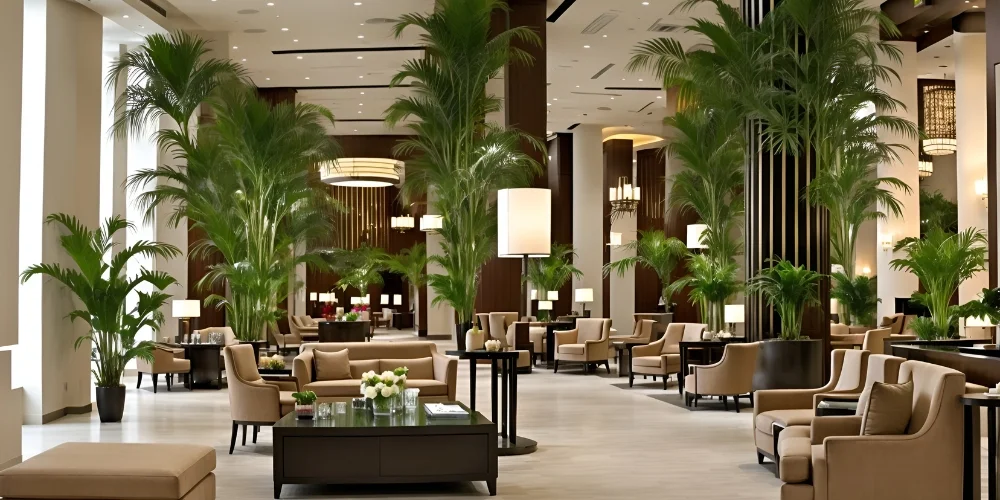
Crisis Management and Resilience Planning
The hotel industry has weathered numerous crises in the past, including the Global Financial Crisis (GFC), SARS, 9/11, and most recently, COVID-19. These crises can disrupt the industry on multiple levels, be they global in nature or localised to an individual hotel.
Local crises can include safety and security breaches, loss of key personnel to labour strikes, technology failures, or reputational crises due to negative media coverage.
When it comes to how to run a hotel business successfully in the face of such crises, it’s crucial for hotels to have a comprehensive Crisis Management Plan in place. This plan should include robust procedures that identify potential risks, establish a chain of command, define roles and responsibilities, and set up a communication protocol.
The industry has adapted and learned from each crisis it has faced. A key takeaway is that the industry must be prepared, have robust processes in place, and most importantly, be nimble when a crisis arises. Some owners believe that their obligations as a director have been transferred to hotel operators under the terms of the contract, however this is not true, owners and directors still have the normal directors’ liabilities.
To ensure business continuity in the face of such situations, hotels need to have contingency plans in place. These could involve having insurance coverage, maintaining a crisis management team, and regularly updating and testing emergency response plans. In essence, resilience and adaptability are key to navigating the ever-changing landscape of the hotel industry.
How To Run A Hotel Business Successfully
Managing a successful hotel business involves careful planning and management of various resources. By focusing on these critical success factors, hotels can drive performance, increase profitability, reduce costs, enhance guest experience, ensure business continuity, and build a strong brand reputation.
Remember that success in the hotel industry is not achieved overnight but is the result of consistent efforts over time. Stay focused on your goals, be adaptable to changes in the market environment, and strive for continuous improvement in all areas of your business.
For tailored assistance and guidance in running your hotel successfully, contact Axsia HTL. We are here to help you navigate the ever-evolving hospitality landscape and achieve your goals.


